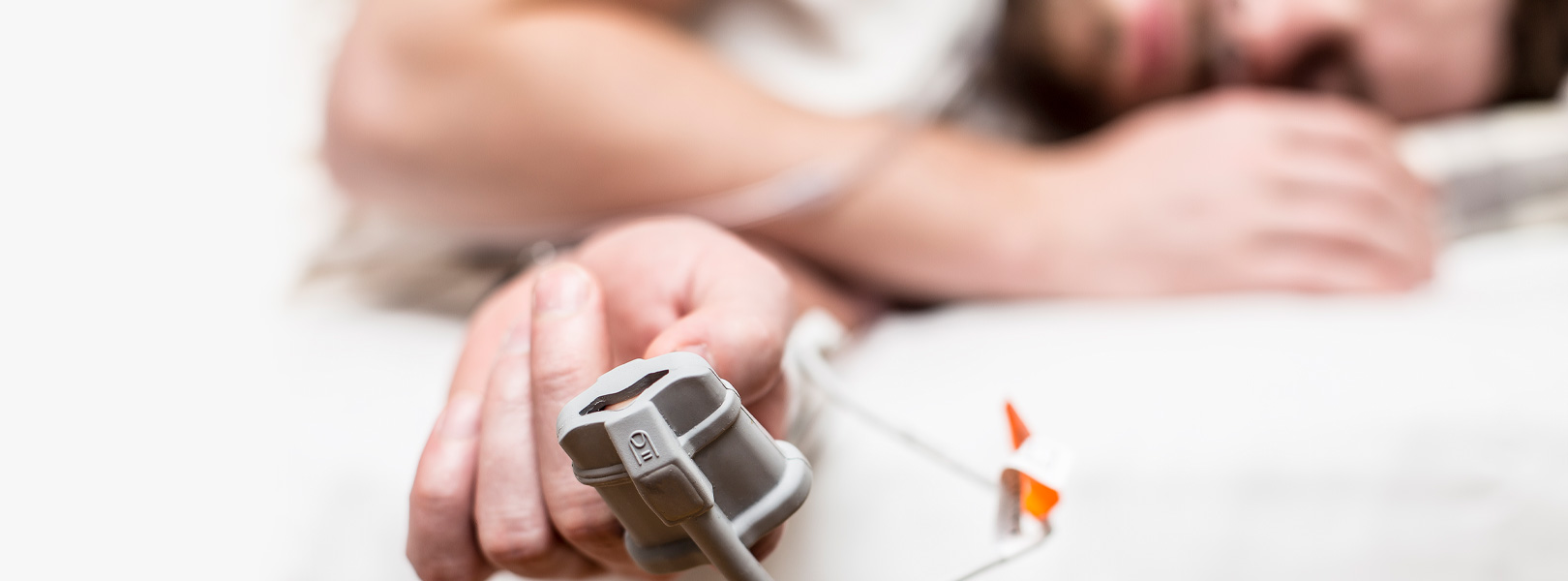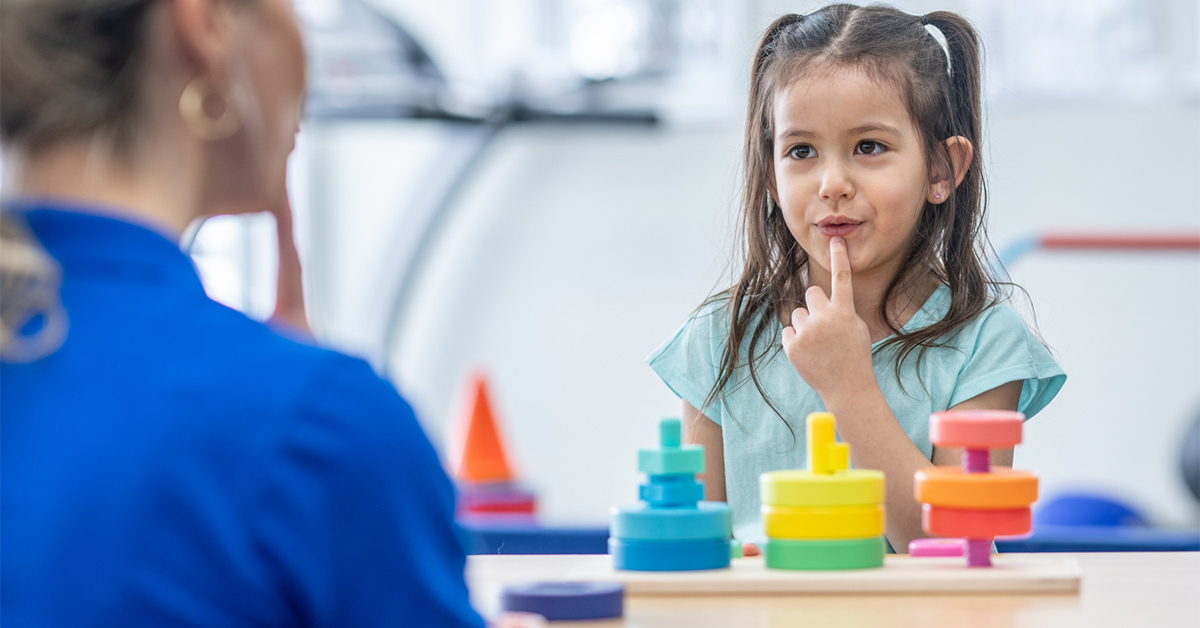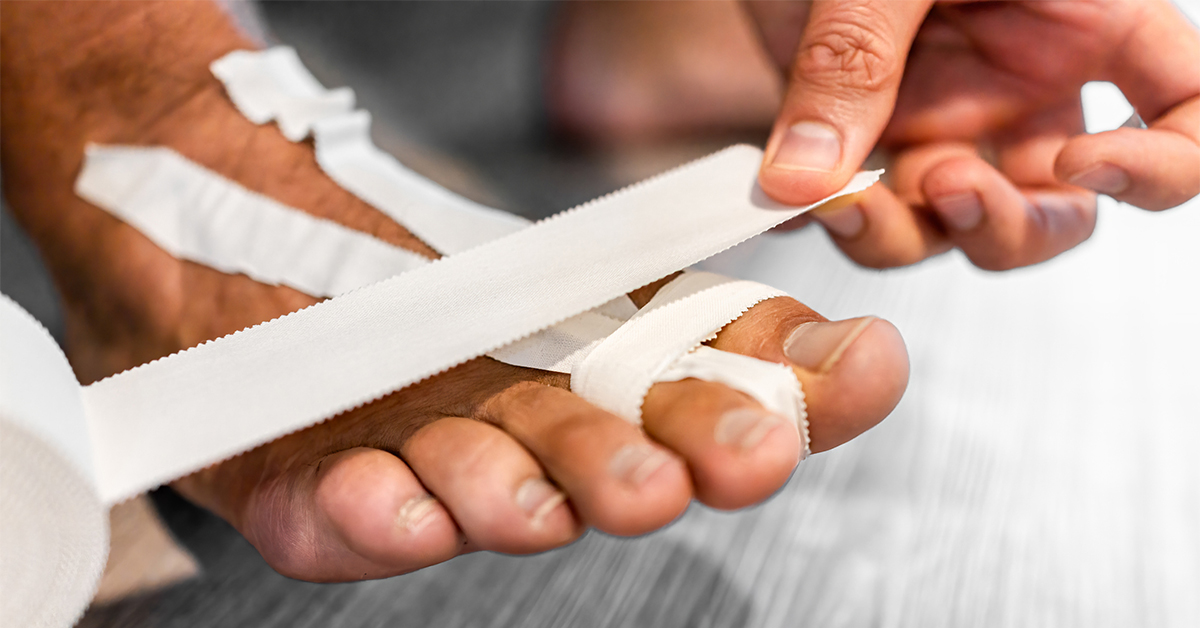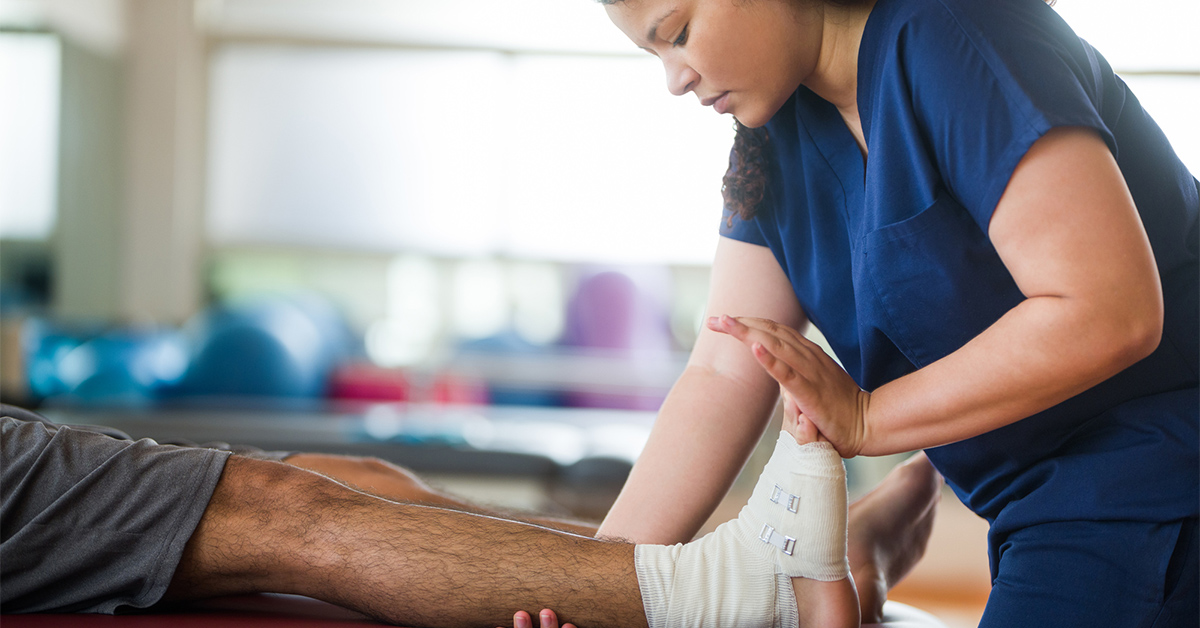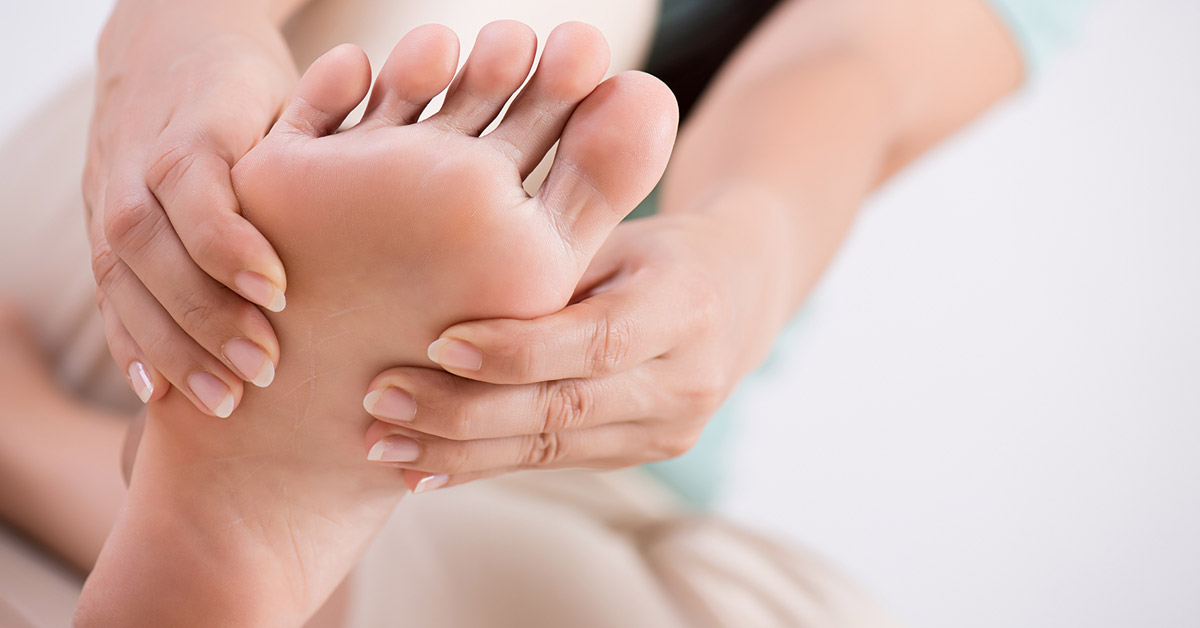When most people think of sleep studies, they imagine sleeping in a sterile hospital room with wires connected to them. But that’s no longer the case. Now, it’s possible to conduct sleep studies from home.
Why do a sleep study?
Sleeping should make you feel energized and refreshed. You should be able to fall asleep right when you go to bed. When waking up at night, you should fall back asleep within 10 minutes. If this doesn’t describe your sleep habits or experience, then you might want to talk to your doctor about possible sleep disorders.
Another reason to conduct a sleep study is to determine if you have sleep apnea. Sleep apnea is a potentially serious sleep disorder in which breathing repeatedly stops and starts. If you snore loudly and feel tired even after a full night’s sleep, you could have sleep apnea. If left untreated, sleep apnea can increase the risk of health problems, including:
- High blood pressure
- Stroke
- Heart failure, irregular heartbeats, and heart attacks
- Diabetes
- Depression
- Worsening of ADHD
- Headaches
How does a home sleep test work?
Your Welia Health provider will give you a small and lightweight portable monitor. There are step-by-step instructions that will outline how the machine works.
In general, you place a belt around your midsection, which is linked to the monitor by a wire. You then attach a clip to your finger and put an airflow sensor under your nose. Then, you turn on the monitor and go to sleep. The next day you pack up the machine and return the lab to the Welia Health Sleep Lab. A sleep technologist will review your results and send them to your primary physician.
What does it measure?
The home sleep test measures oxygen saturation, heart rate, airflow, and movement in your chest and abdomen. It also records the time you spent snoring and your sleep position. So the test is effective in helping to diagnose sleep apnea.
A home sleep test does not measure your brain waves, sleep time, and leg movements (an indicator of restless leg syndrome), however. These tests must be done in the Welia Health Sleep Lab.
What are the pros and cons?
With a home sleep test, you can assess your sleep in the comfort of your own bed. Plus, it’s more convenient and cheaper. A home sleep test will cost around $300 compared to $1,300 in a lab. Both home sleep tests and sleep studies in a lab are typically covered by insurance. A home sleep test will tell you whether or not you have sleep apnea, but it may underestimate the severity of it.
A home sleep study cannot give you the extensive results that you would receive from a sleep study onsite at Welia Health. Our lab can detect more than 80 different types of sleep disorders. Plus, if you’re onsite, our team of sleep specialists and experts are able to ensure the proper setup of all sensors and monitors.
How do I get started?
If you suspect that you have a sleep disorder, discuss your concerns with your primary care physician, who will help determine the best first step. Some insurance providers require that you conduct a home sleep study first before they will approve a clinic-based sleep study. You may want to talk to your insurance provider to confirm their coverage.


